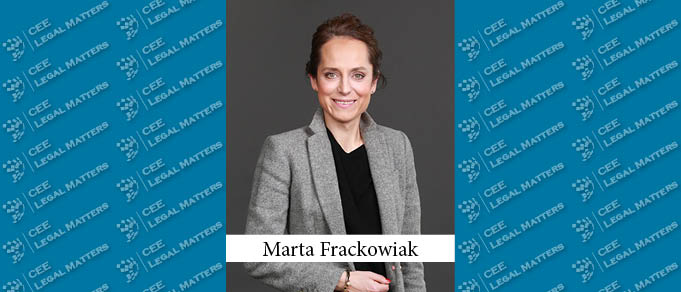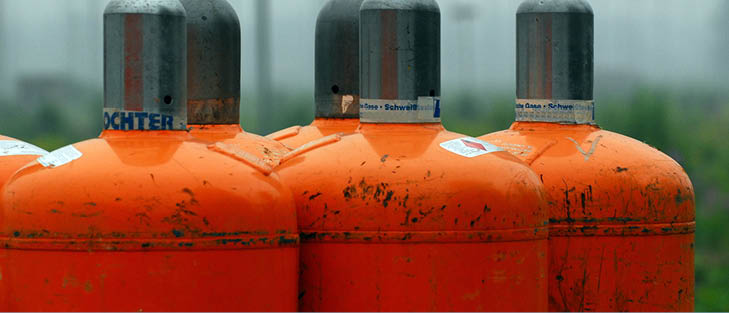With its decision dated 23.03.2023 and numbered 2019/40991, published in the Official Gazette dated 20.06.2023 and numbered 32227, the Constitutional Court [the “Court”] ruled that the on-site investigation carried out at the workplace within the scope of the investigations conducted by the Competition Board without a judge's decision violated the inviolability of domicile guaranteed under Art. 21 of the Constitution.
Pursuant to the decision, the Competition Authority will not be able to directly exercise its inherent on-site investigation authority, due to inviolability of domicile, but only following a court order. This decision directly affects the on-site investigation procedure, which allows the Competition Authority to collect important evidence during the preliminary examination and investigation processes, and it is expected that the relevant processes will be reshaped in light of this decision.
Background of the Decision
Following the entry into force of the decision of the Council of Ministers dated 13.03.2009 regarding the reduction in the special consumption tax rates applied to new passenger automobiles and light commercial vehicles in order to overcome the effects of the economic crisis that occurred worldwide in 2009, the Competition Authority received numerous complaints that automobile manufacturers acted jointly to restrict the supply of automobiles and to increase prices, and thereupon, two different preliminary examinations were conducted by the Competition Board in the same year in the automobile industry regarding whether the actions subject to the complaints violated the Law No. 4054 on the Protection of Competition ["Competition Law"].
Although it was concluded in the first preliminary examination conducted by the Competition Board in 2009 that there were no restrictive agreements or concerted practices among automobile manufacturers including Ford Otomotiv Sanayi Anonim Şirketi ["Ford”], it was decided to initiate an investigation against 16 undertakings operating in the automobile industry, including Ford, as a result of the second preliminary investigation in the same year based on 78 separate documents obtained from the computers of employees of Ford. In its defense, Ford stated that its actions subject to the report did not constitute an agreement or action restricting competition and its actions, which were decided not to be investigated in the first preliminary investigation being subject to an investigation within the scope of the second preliminary investigation violated the principle of legal security. As a result of the related investigation process, the Competition Board imposed an administrative fine on Ford. Thereupon, Ford exhausted domestic legal remedies against this decision and applied to the Court as a secondary legal remedy. In its’ application to the Court, Ford alleged that the on-site investigation conducted by the Competition Authority at its workplace without a judge's order violated its’ right to inviolability of domicile.
Assessment of the Court
When the Court's decision is reviewed, it is seen that the following assessments are made:
- While examining the applicant company Ford's claim that inviolability of domicile was violated, the Court first addressed the concept of "domicile" and stated that domicile is defined as a materially determined place where private and family life develops, but it also includes workplaces. In this context; (i) the office where a person pursues his/her profession, (ii) the registered headquarters where the activities of a company operated by a real person are carried out, (iii) the registered headquarters, branches and other workplaces of legal entities can also be considered as domicile. In this concept, it is seen that the concept of "domicile" is considered in a broad sense in the Court’s decision and the workplaces of legal entities are also considered as domicile.
- In the definition of "search" made by the Court, it is clearly stated that a search can only be carried out with a judge's decision and in this direction, the place where the examination is carried out is taken into consideration. It is also explicitly stipulated that the sections where administrative work is carried out in the workplaces of enterprises and publicly inaccessible places in the workplaces of such are considered as "domicile", and in this respect, it is evaluated that obtaining documents from the company computers of the applicant company Ford is considered as an interference with the inviolability of domicile.
- After analyzing Art. 15 of the Competition Law and declaring that the Competition Board's on-site investigation was carried out in accordance with the relevant provision, and that its officials may examine all kinds of data and documents of the enterprise and take copies and physical samples thereof and that the enterprise is under the obligation to facilitate the on-site investigation, the Court reached a different conclusion in its assessment regarding constitutionality of the aforementioned article.
- In this regard, the Court assessed whether Art. 15 of the Competition Law complied with Art. 21 of the Constitution and came to the following conclusions: (i) Art. 15 of the Competition Law permits competition experts to enter areas considered as domicile without a judge's decision, and that the said article stipulates that a judge's decision is only required in cases where the on-site investigation is prevented or there is a possibility of prevention; (ii) in the case at hand, since the applicant did not make any attempt to prevent the on-site investigation, although the on-site investigation at the applicant's workplace without a judge's decision was in accordance with Art. 15 of the Competition Law, that the said investigation was found to be in violation of the right to inviolability of domicile guaranteed under Article 21 p.1 of the Constitution and it was ruled that the right to inviolability of domicile of the applicant company, Ford, was violated.
Review
Since it was determined in the above-mentioned decision that the on-site investigation authority regulated in Article 15 of the Competition Law is not regulated in accordance with the guarantees stipulated in Article 21 p.1 of the Constitution regarding the right to inviolability of domicile, the relevant article of the Competition Law will need to be amended in accordance with the guarantees stipulated in Article 21 p.1 of the Constitution. As a matter of fact, the Constitutional Court decided to notify this decision to the Grand National Assembly of Türkiye in order to solve this structural problem.
Lastly, it is clear that serious uncertainties have arisen regarding the fate of the administrative proceedings related to previous on-site investigations and how future on-site investigations will be carried out until the regulation is made. In this context, we can say that reconfiguration of a 25-year tradition of on-site examinations in competition law may be back on the agenda.
By Gokce Kuranel Albayrak, Senior Lawyer, Guleryuz & Partners
















